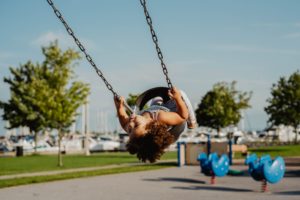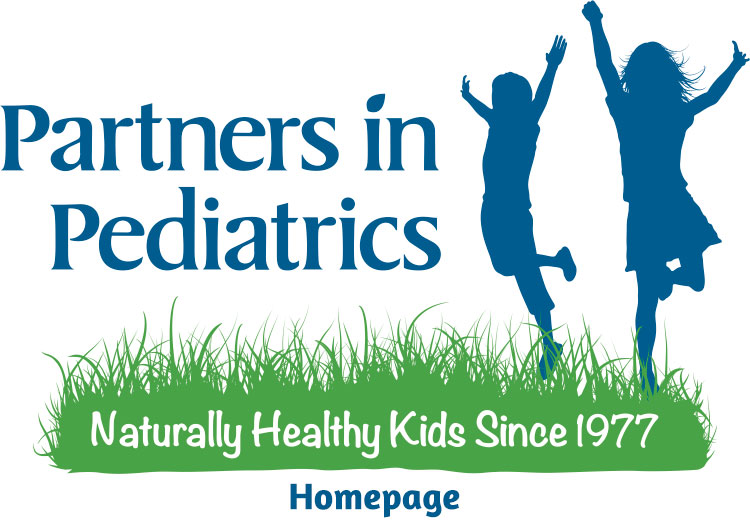 Whether your child is a regular on the monkey bars at recess or plays a sport, concussions are something that you should know about and know how to recognize. The majority of concussions incurred in childhood are not serious and have no long-lasting effects; however, a serious concussion left untreated can have substantial consequences for the rest of a child’s life.
Whether your child is a regular on the monkey bars at recess or plays a sport, concussions are something that you should know about and know how to recognize. The majority of concussions incurred in childhood are not serious and have no long-lasting effects; however, a serious concussion left untreated can have substantial consequences for the rest of a child’s life.
Worried your child might have a concussion or want to make sure you’re ready should your child hit their head?
First, it’s important to know that concussion symptoms can appear right after a hit to the head or hours or days after, usually appearing within 24-72 hours after a hit. Stay aware and note if you see changes in your child or if your child “just doesn’t feel right.”
Below are some of the concussion symptoms you should look for. If you notice more than one of these in your child or teen, seek medical attention.
SIGNS OBSERVED BY PARENTS OR GUARDIANS
- Appears dazed or stunned
- Is confused about events
- Answers questions slowly
- Repeats questions
- Can’t recall events prior to the hit, bump, or fall
- Can’t recall events after the hit, bump, or fall
- Loses consciousness (even briefly)
- Shows behavior or personality changes
- Forgets class schedule or assignments
SYMPTOMS REPORTED BY YOUR CHILD OR TEEN
-
Thinking/Remembering
- Difficulty thinking clearly
- Difficulty concentrating or remembering
- Feeling more slowed down
- Feeling sluggish, hazy, foggy, or groggy
-
Physical
- Headache or “pressure” in head
- Nausea or vomiting
- Balance problems or dizziness
- Fatigue or feeling tired
- Blurry or double vision
- Sensitivity to light or noise
- Numbness or tingling
- Does not “feel right”
-
Emotional
- Irritable
- Sad
- More emotional than usual
- Nervous
-
Sleep*
- Drowsy
- Sleeps less than usual
- Sleeps more than usual
- Has trouble falling asleep
- *Only ask about sleep symptoms if the injury occurred on a prior day.
If you observe more than one of these symptoms in your child or teen, contact your doctor right away.
In addition, if you see any of the following symptoms, you should take your child to the emergency room immediately:
- One pupil (the black part in the middle of the eye) larger than the other
- Drowsiness or cannot be awakened
- A headache that gets worse and does not go away
- Weakness, numbness, or decreased coordination
- Repeated vomiting or nausea
- Slurred speech
- Convulsions or seizures
- Difficulty recognizing people or places
- Increasing confusion, restlessness, or agitation
- Unusual behavior
- Loss of consciousness (even a brief loss of consciousness should be taken seriously)
Concussions can be scary for parents and kids alike, but luckily most concussions are not serious. With a vigilant eye, you can spot a concussion quickly and make sure your child or teen gets the proper treatment to get them healthy and back on the field – or the playground – as soon as possible.
Source: CDC TBI Fact Sheet



Leave a Reply